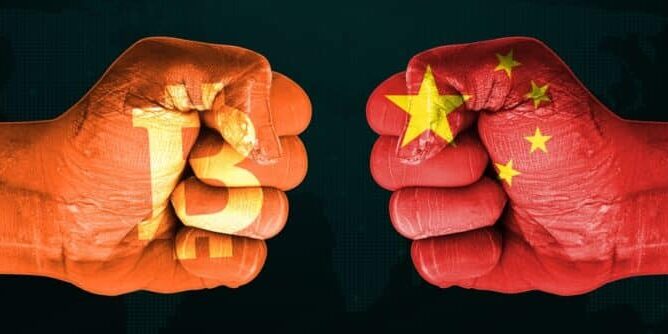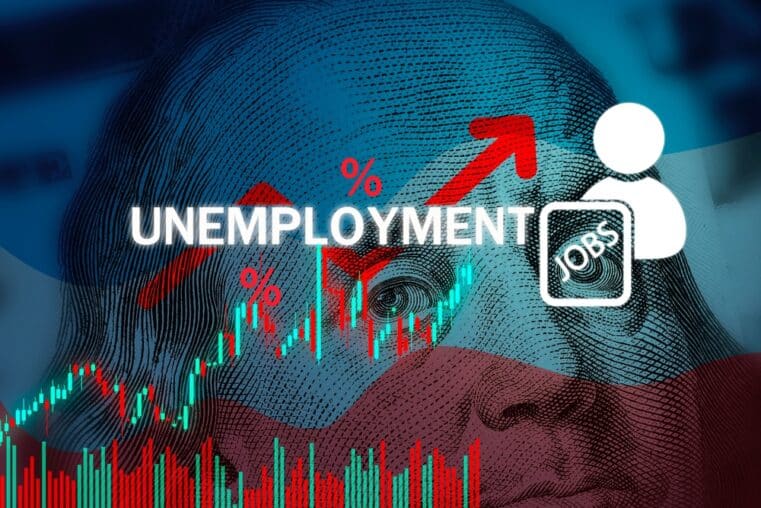
Crypto as a Trade War Escape Hatch? How Bitcoin Could Reshape the BRICS-US Standoff
A Growing Trade War—and a Possible Loophole
Since returning to the White House, Trump has wasted no time turning up the heat on BRICS. The economic alliance—led by China, Russia, Brazil, India, and South Africa—has been aggressively moving to ditch the U.S. dollar in international trade. Trump, in response, has made it clear that such efforts won’t go unanswered.
His administration is preparing to levy massive tariffs against BRICS nations, viewing their de-dollarization push as an economic threat to U.S. dominance. But here’s the catch: BRICS isn’t backing down. Instead, the alliance has doubled down on efforts to develop alternative settlement mechanisms that bypass the dollar altogether.
And this is where crypto enters the equation.
Bitcoin: A Bridge Between BRICS and the U.S.?
For BRICS, Bitcoin presents a decentralized, non-sovereign alternative that enables cross-border trade without relying on Western-controlled financial infrastructure. Unlike a BRICS-backed gold or commodity-based currency, Bitcoin is neutral—it isn’t tied to any single country’s political interests.
For Trump, this could be an unexpected opportunity. His administration has already expressed a clear affinity for Bitcoin, as seen in the recent establishment of a U.S. Bitcoin reserve. Rather than resisting the shift toward alternative assets, Trump may see BTC as a way to regain leverage in global finance—without ceding ground to a BRICS-controlled trade currency.
“A U.S. Crypto Reserve will elevate this critical industry after years of corrupt attacks by the Biden Administration,” Trump recently stated.
If the White House and BRICS both embrace Bitcoin for trade settlement, the emerging asset class could become a neutral playing field in an otherwise volatile economic battle.
A Temporary Truce—or a Long-Term Power Shift?
This potential alignment on Bitcoin doesn’t mean the trade war is off the table. Trump has made it clear he will use every tool at his disposal to protect U.S. economic interests, while BRICS remains committed to reducing its dependence on Western financial systems.
However, if both sides see Bitcoin as the most viable medium for international transactions, we could be witnessing the early stages of a major financial realignment. The U.S. and BRICS would still be competitors—but they’d be operating within a new digital monetary framework that reduces the dollar’s dominance while avoiding a total collapse of economic ties.
If Bitcoin does become the bridge between BRICS and the U.S., the long-term consequences will be profound. The shift away from government-controlled money is accelerating, and individuals who fail to hedge their wealth accordingly will be left exposed.
That’s why you need to act now. Get ahead of the coming financial shift by securing independent assets like Bitcoin, gold, and silver.
Download Bill Brocius’ free guide, “7 Steps to Protect Your Account from Bank Failure,” and learn how to protect your wealth from government overreach and financial instability.











